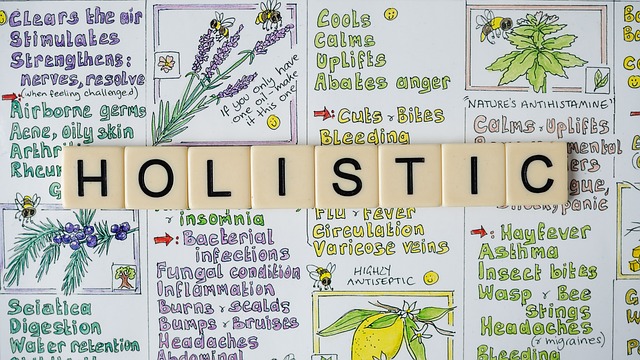In a world that demands constant adaptation and innovation, education plays a pivotal role in shaping the future of individuals and society. Traditional education models focused solely on academic achievements, neglecting the holistic development of students. However, a paradigm shift has occurred, giving rise to holistic education, emphasizing the integration of mind, body, and soul. This article delves into the significance of holistic education, backed by compelling facts and figures.
What Is Holistic Education?
The aim is to cultivate students’ overall well-being, nurturing their intellectual, physical, emotional, and spiritual aspects. It recognizes that learning goes beyond textbooks and exams, embracing a comprehensive approach that integrates various student life dimensions.
Enhancing Academic Performance Contrary to popular belief, and does not compromise academic excellence. Studies have shown that students who receive holistic education demonstrate better academic performance. Research conducted by the University of California revealed that students engaged in holistic programs exhibited higher levels of critical thinking, problem-solving, and creativity, leading to improved academic outcomes.
Promoting Emotional Intelligence Emotional intelligence, comprising self-awareness, empathy, and interpersonal skills, is crucial for personal and professional success. It places significant emphasis on nurturing emotional intelligence. A study conducted by Yale University indicated that students who received and exhibited higher emotional intelligence levels, leading to enhanced social relationships and overall well-being.
Fostering Physical Wellness education recognizes the intrinsic connection between physical health and cognitive development. Physical activities like sports, yoga, and mindfulness exercises are integrated into the curriculum to promote physical wellness. Research conducted by the University of Illinois demonstrated that students engaged in that programs had higher levels of physical fitness, contributing to improved cognitive abilities and academic performance.
Cultivating Spiritual Awareness Spiritual development is integral to holistic education, encouraging students to explore their values, purpose, and connection with the world. A study conducted by Harvard University revealed that students who experienced reported higher levels of spiritual awareness and a sense of purpose in their lives. This spiritual grounding fosters resilience, empathy, and ethical decision-making.
Conclusion
Holistic education offers a transformative approach to learning, nurturing the mind, body, and soul of students. It enhances academic performance, promotes emotional intelligence, fosters physical wellness, and cultivates spiritual awareness. By embracing, we can create an educational environment that prepares individuals for a well-rounded and fulfilling life. It is time to shift our focus from mere academic achievements to the holistic development of our future generations.

